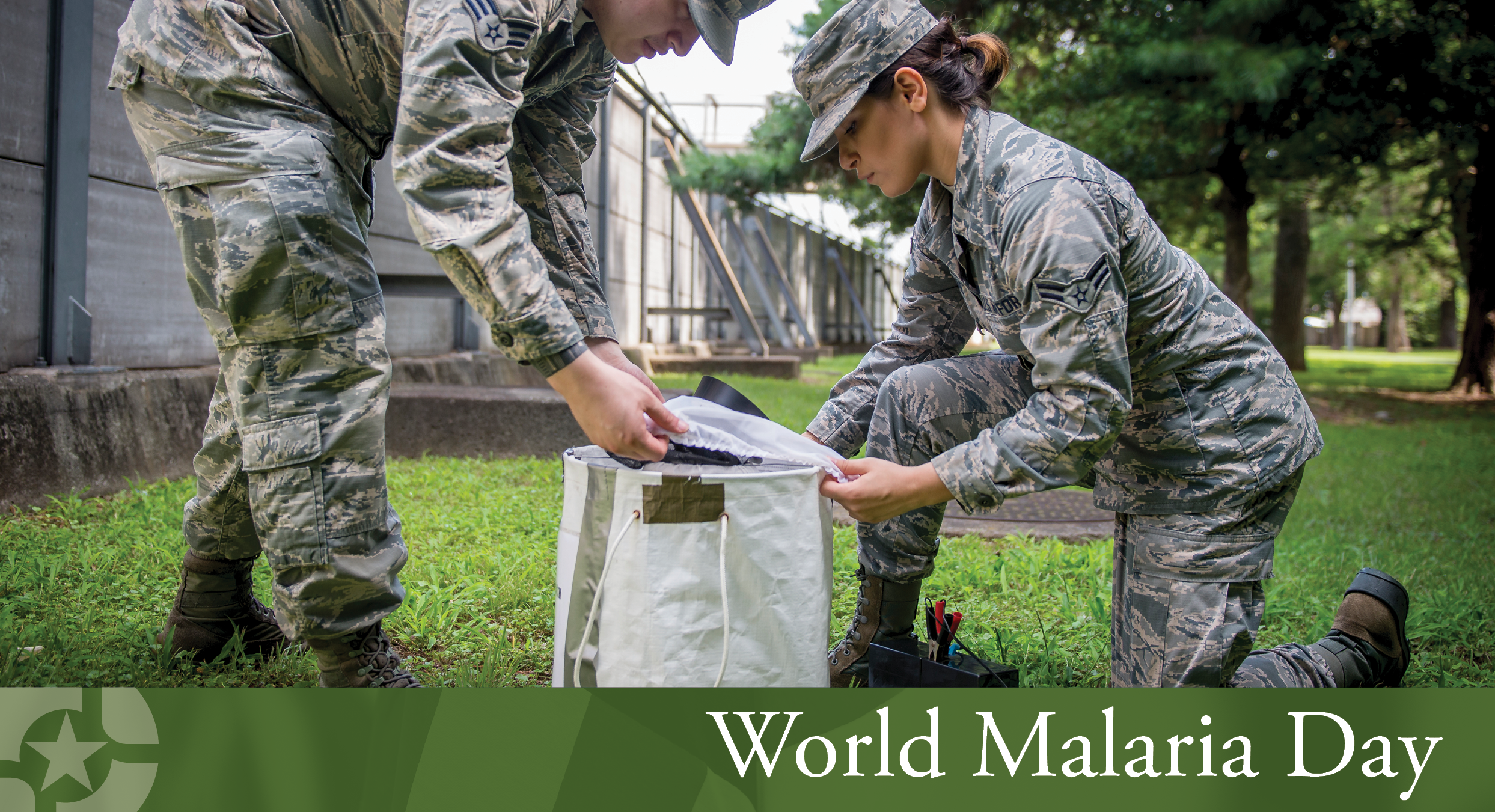25 April 2020
Combating Malaria
Geneva proudly helps military researchers find new treatments for some of the world’s deadliest and most difficult to treat infectious diseases.
Malaria infects approximately 228 million people with approximately 405,000 deaths annually. Approximately 67% of those deaths were children under the age of five in 2018. According to the World Health Organization’s 2019 World Malaria Report, more than half of the world’s population is at risk of developing this mosquito-borne illness. Symptoms of fever, headaches and chills usually appear 10-15 days after the infected mosquito bite and if not treated within 24 hours, symptoms can progress more severely. Malaria is a major public health concern, both to the Department of Defense (DoD) and to the broader national and international public health community.
Malaria infection remains a major obstacle for troops sent to endemic regions of the world. There are 1,500 cases are diagnosed in the U.S. each year. The vast majority of cases are travelers and immigrants returning from the 91 countries where malaria transmission occurs. Therefore, long-term duty assignments, participation in short-term contingency operations and personal travel for service members to these countries are at risk. In 2018, 58 U.S. service members were diagnosed with or reported to have the infection, a 65.7% increase from 2017. Infection from malaria is responsible for $1.12-$4.37 million per year in associated evacuation and medical care costs to our nation’s military.
Despite the discovery of several malaria candidate vaccine antigens, there is no highly efficacious malaria subunit vaccine as of today. The two most promising vaccines require three to five vaccinations to induce varying levels of protection. Researchers hope that advances in adjuvant and/or vaccine delivery methods will produce more efficacious malaria vaccines and overcome drug resistance to currently available antimalarials.
Geneva is working closely with malaria experts from the Walter Reed Army Institute of Research (WRAIR) and other leading infectious disease researchers to advance protection against malaria infection to improve unit readiness and mission success. They are just a few of the advances in malaria research that have the potential to be a game changer for the entire global population.
A new vaccine delivery method – VacSIM
A current Geneva research program at WRAIR is focusing on using a new vaccine-delivery method called “VacSIM™” (Vaccine Self-Assembling Immune Matrix) to enhance malaria efficacy. One goal of this research is to reduce the three to five vaccinations required currently down to just two.
Led by Principal Investigator Evelina Angov, PhD a microbiologist at WRAIR, and funded by the U.S. Army Medical Research Acquisition Activity (USAMRAA) and in collaboration with the University of Georgia, the VacSIM platform is based on synthetic peptides developed for wound healing, tissue repair, and implant applications. This synthetic peptide solution comes as a liquid, allowing one to add vaccine antigens with or without adjuvants. Once VacSIM combined with the vaccine is injected, VacSIM self-assembles into a hydrated gel, concentrating the vaccine components, slowly releasing them to the immune system which could improve the vaccine-specific immune responses compared to conventional delivery.
Identifying novel chemical compounds that are active against blood and liver stage forms of malaria
Another Geneva program at WRAIR, sponsored by the U.S. Army Medical Research and Material Command (USAMRMC), is focusing on curing and preventing malaria in U.S. military personnel. Principal Investigator Robert Campbell, PhD, senior medicinal chemist at WRAIR, is leading research with expertise from Columbia University and in partnership with the National Center for Advancing Translational Sciences (NCATS) at the National Institutes of Health (NIH), to identify new chemical entities that treat and prevent relapsing vivax and drug-resistant falciparium malaria.
This research screens a series of blood stage active hits to identify chemically tractable scaffolds with activity in vitro against rodent and primate liver state malaria. The goal of the project is to identify novel chemical compounds that are active against the blood and liver stage forms of malaria parasites and that are useful for both prophylaxis and treatment of Plasmodium vivax and Plasmodium falciparum infections, two different species of malaria.
The U.S. Military must be ready for future military operations in developing nation-states, and malaria can be a mission stopper. Geneva’s support of infectious disease research is helping to identify treatment options for the global community as well as our service members who are called upon to serve in those areas.


